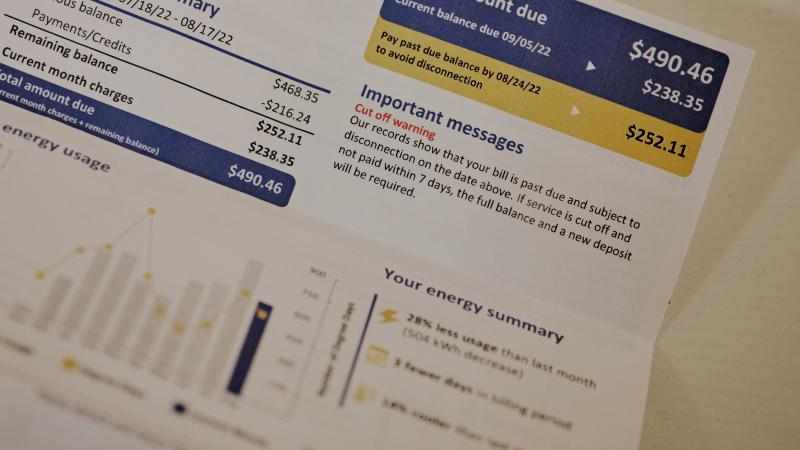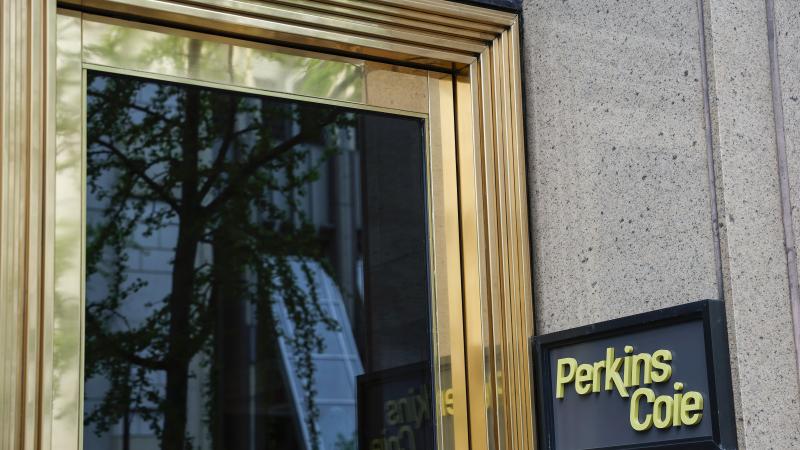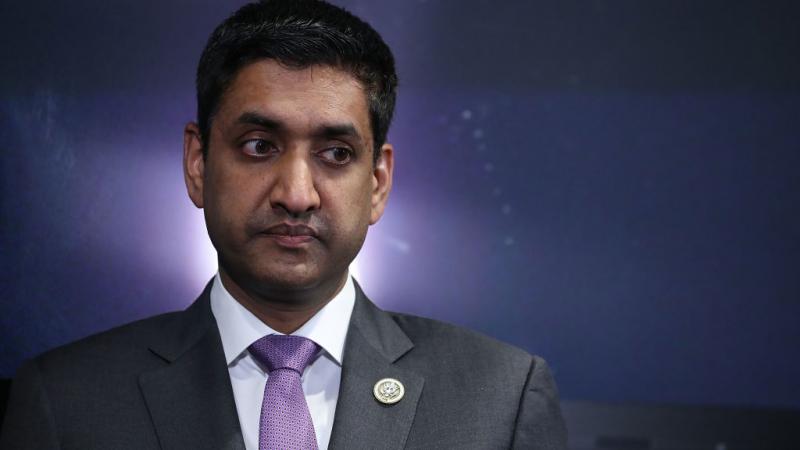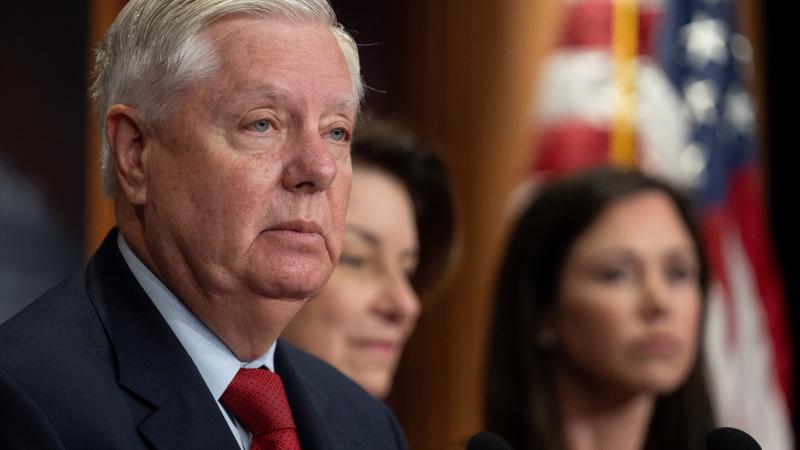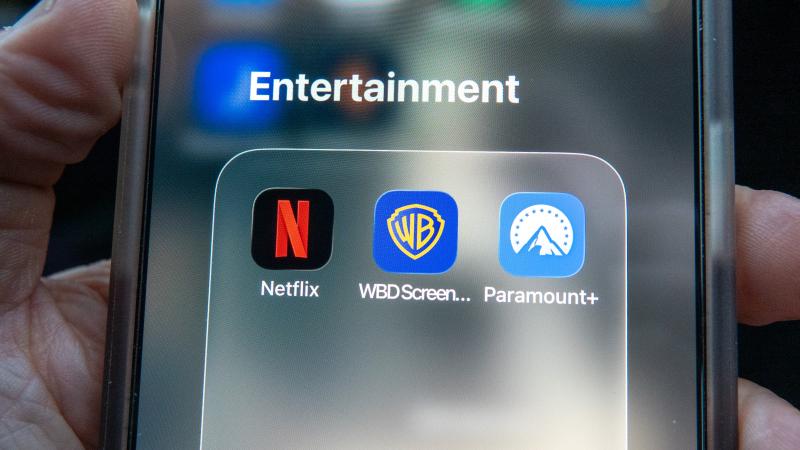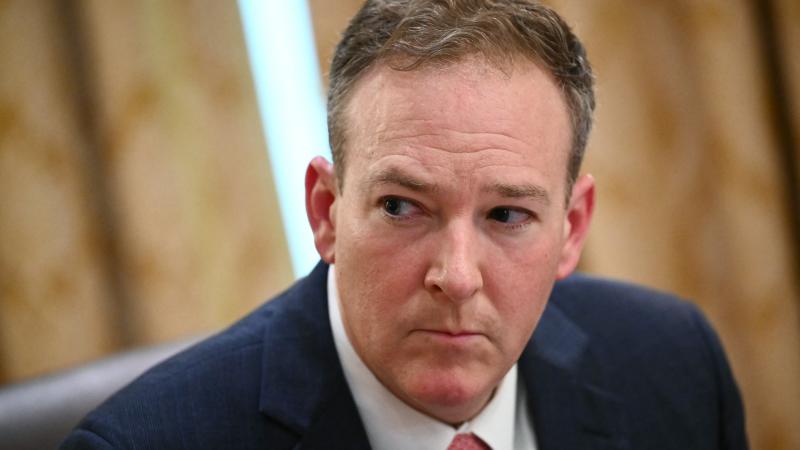Entergy Mississippi to build its first new power plant in 50 years
The new power plant will be the first combined cycle power plant built from the ground up for Entergy Mississippi, which has bought three natural gas power plants in the past 20 years.
Entergy Mississippi is going to do something it hasn't done in five decades: Build a new power plant.
The Mississippi investor-owned utility that serves 459,000 customers in 45 of the state's 82 counties says it intends to build a combined-cycle power plant by 2028 that can be fueled by either natural gas or by hydrogen.
The plant will replace the Gerald Andrus Steam Electric Station, which is nearly 50 years old and located in Greenville in the Mississippi Delta.
The new power plant will be the first combined cycle power plant built from the ground up for Entergy Mississippi, which has bought three natural gas power plants in the past 20 years.
The three plants – Attala Plant in Sallis (2006), Hinds Energy Facility in Jackson (2012) and Choctaw Energy Facility in French Camp (2019) – along with Entergy's Grand Gulf Nuclear Station and the Sunflower Solar Station located near Ruleville make up the utility's generation portfolio.
"As our customers' needs and environmental factors evolve, so must our fleet. We're investing in cleaner, more efficient power generation now, to help us keep bills lower for customers than they otherwise would be in the future," said Haley Fisackerly, president and CEO of Entergy Mississippi, in a news release.
Entergy's parent company was sued over its purchase of power plants formerly owned by independent operators in Mississippi and Arkansas. The U.S. Department of Justice said the utility didn't buy power from the independent producers and bought the plants cheaply once their owners couldn't find a market for their electricity.
The company and the federal government reached a settlement in 2012 where Entergy's power distribution network was divested and the utility joined a regional transmission provider, the Midwest Independent Transmission System Operator.
Regional transmission providers connect the grids of multiple utilities and MISO covers Arkansas, Illinois, Indiana, Iowa, Kentucky, Louisiana, Michigan, Minnesota, Mississippi, Missouri, Montana, North Dakota, South Dakota, Texas and Wisconsin.

